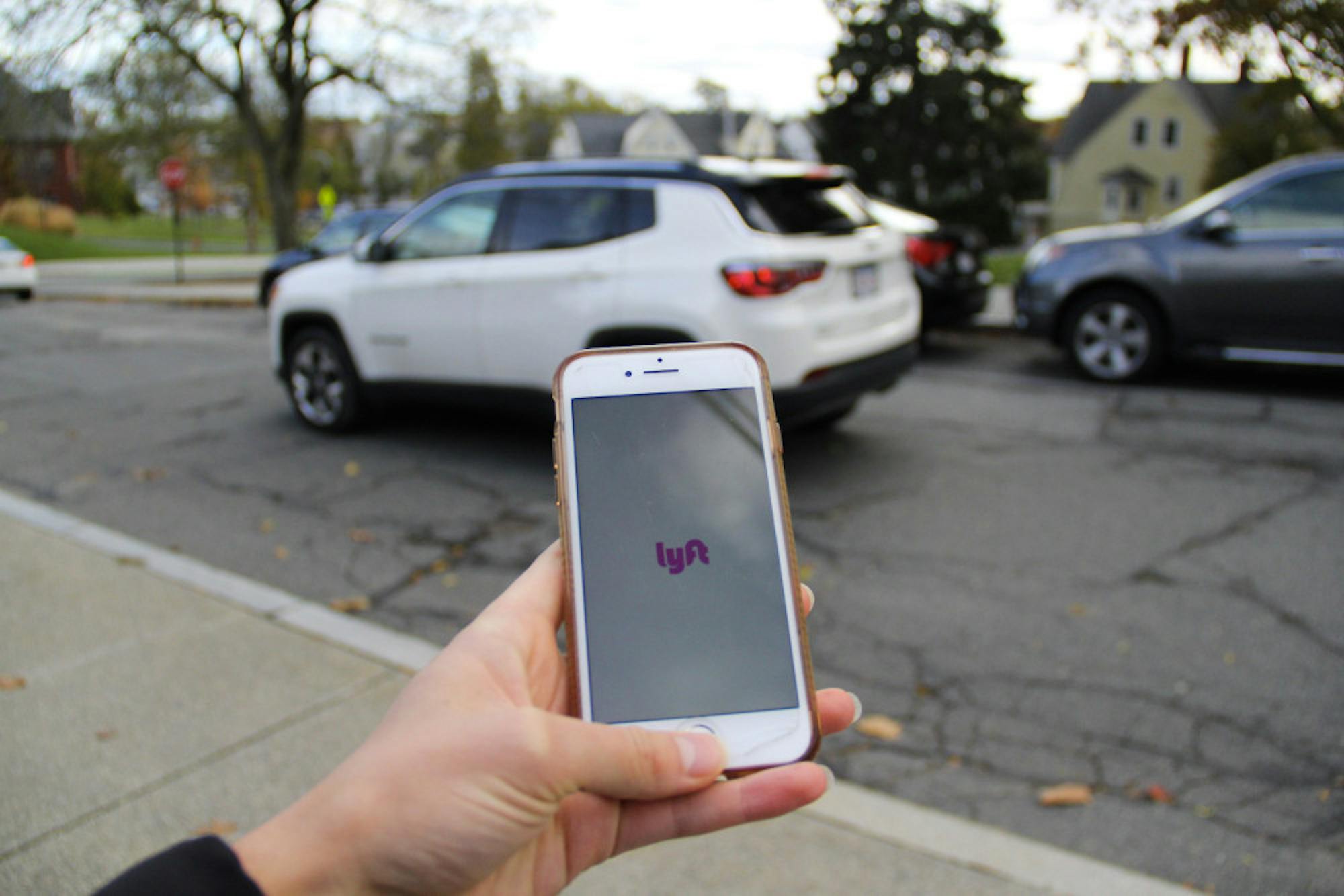Massachusetts ballot questions
Question 1:Motor vehicle mechanical data
This “Right to Repair” law would require car manufacturers to install standardized telematics systems, or systems that collect data regarding a car’s operation and transmit that data wirelessly to either a phone, computer or other storage device outside the car. Independent car repair shops and car owners would gain increased access to the car’s data, allowing for repair, maintenance and diagnostic testing to take place at any independent repair shop. The current “Right to Repair” law from 2013 omits telematics systems from wireless accessibility by vehicle owners and independent repair shops. Interestingly, this proposition is the most expensive on the ballot, with more than $50 million combined spent by both camps. A “yes” vote requires that standardized systems be installed starting with model year 2022, while a “no” vote keeps the law as is.
Question 2:Ranked-choice voting
A “yes” vote for Question 2 would enact ranked-choice voting for state executive and legislative office, as well as some county offices, for all general and primary elections. A “no” vote would continue the use of the plurality system, in which the candidate with the most votes wins. Ranked-choice voting allows voters to rank all candidates in a race in terms of preference. If no candidate receives 50% of first-place votes in the first round of counting, then the votes cast for the candidate with the least support are reallocated to the second choice of the individuals whose votes are being reallocated. This cycle continues until one candidate receives more than 50% support. Proponents argue that ranked-choice voting gives voters more say at the ballot box, while opponents argue that it adds confusion to the elections. Some opponents argue that runoff elections are a sufficient alternative to ranked-choice voting, while proponents say the system ensures that the candidate with the broadest appeal wins.
National ballot initiatives to watch
Marijuana
Voters in five states will vote on seven ballot initiatives regarding marijuana legalization or medical marijuana usage. Montana, Arizona, New Jersey and South Dakota each have a ballot initiative that would legalize the use of marijuana for recreational purposes for adults aged 21 or older. Mississippi and South Dakota each have an initiative to allow for medical marijuana usage in the state for certain medical conditions. Montana’s initiative includes regulations similar to that of alcohol in the state.
Redistricting
Missouri, Virginia and New Jersey each have ballot initiatives regarding congressional redistricting, or the redrawing of congressional and state legislative districts. Virginia’s proposition, if successful, would establish a redistricting commission composed of eight citizens and eight legislators. The commission of legislators will be divided equally between the two major parties. If Virginia’s redistricting proposition is not passed, the redistricting process will remain the same, with electoral maps created and passed by the Virginia Assembly with veto power for the governor. Missouri’s proposition would repeal the position of a nonpartisan state demographer, which was created in 2018 via ballot initiative, and replace the position with two bipartisan redistricting commissions, one for each chamber of the state’s legislature with 20 members each. Approval of the proposition would return Missouri to its pre-2018 redistricting system. New Jersey’s Public Question 3 would postpone the state’s redistricting process until after the elections in November 2021 should the state receive census data after Feb. 15, 2021. Currently, New Jersey requires the submission of new maps one month after receiving census data, regardless of the date of receipt.






